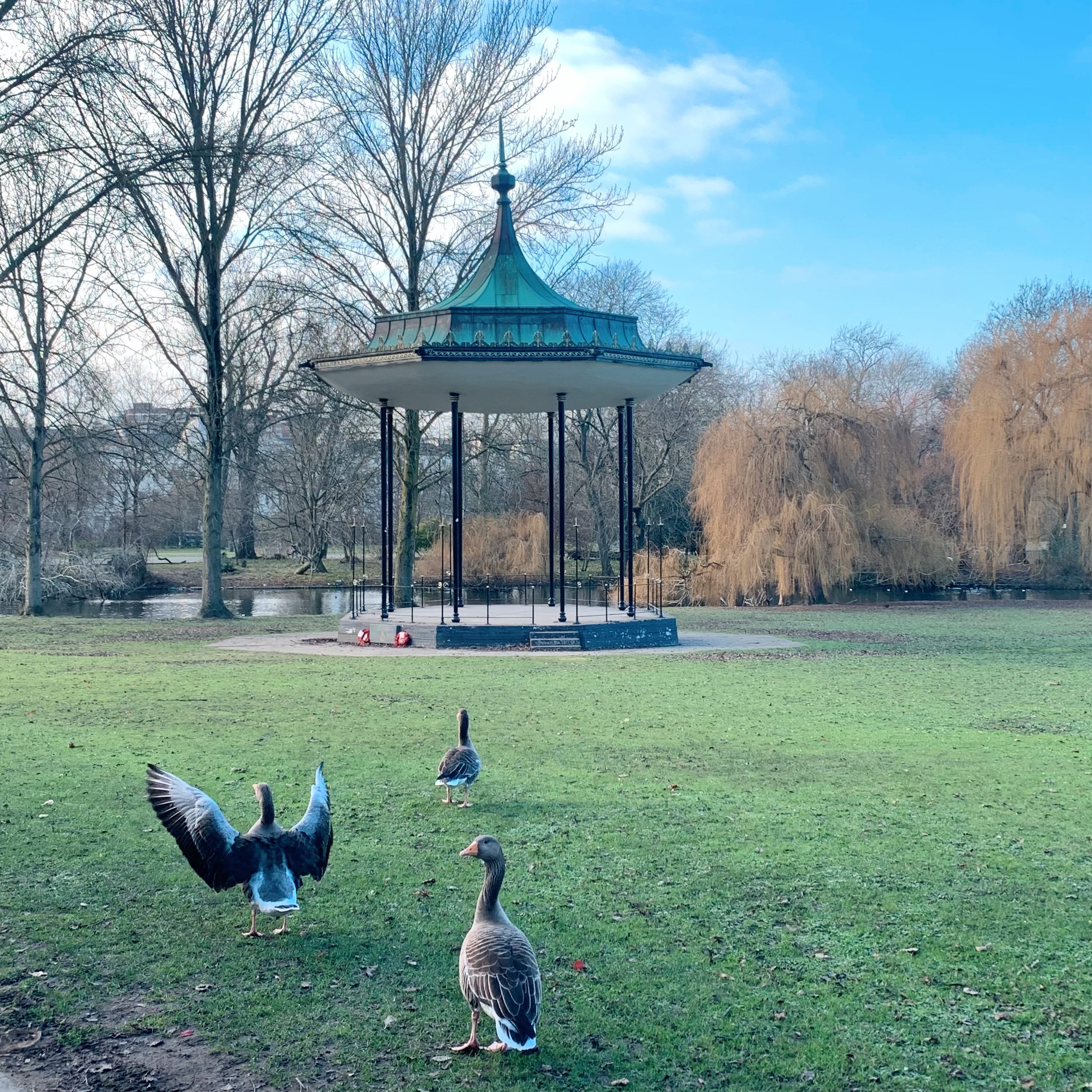Sucked Into A Frenzied Black Pit
/I love the colour black. If you look in my wardrobe, you’ll see a disproportionately high number of black items. Growing up in 80s London, surrounded by Goth culture, it was hard not to at least fall in love with black jeans and black eyeliner. And going to architecture school only cemented my love affair with black clothes.
I also love Fridays. I arrived into this world on one, and it’s always been my favourite day of the week. I enjoy how it holds the promise of the weekend stretching out ahead, as yet untouched and pristine. And, as its precursor, there’s a softness to it; the weekday I’m most likely to take time out to meet a friend for coffee, or see an exhibition.
But when I experience the words Black + Friday together, they bring to mind an image of a black frenzied pit full of voices, each one shouting louder than the next. I have nothing against a good sale – my beloved Apple Mac, on which I’m writing this letter to you, was courtesy of a Black Friday bargain at John Lewis, and I’m very grateful for the couple of hundred pounds they knocked off the price. But something about this particular term doesn’t land well with me.
Interestingly, it was coined in early 1960s Philadelphia, by police officers, to describe the resulting chaos when, on the public holiday after Thanksgiving, large numbers of tourists streamed into the city to begin their holiday shopping. These crowds were a headache for the police, who had to work longer shifts that usual, to deal with the resultant traffic jams, accidents and shoplifting.
This week, my inbox (yours too, I imagine) has been bombarded with the phrase Black Friday. Seeing it again and again, and noticing the images and feelings that arise when I do, has got me reflecting on the power words have. How they leave an imprint on us.
Close your eyes for a moment and repeat to yourself silently (I find this is more effective than out loud) an expression such as I am useless, and notice how it lands in your body. Then do the same with a phrase that’s its antithesis – such as I am powerful. Do you notice a difference in how you feel?
I’m aware there are certain phrases I roll out all too easily, out of habit. One is, I’m tired. It’s true I often don’t get quite as much sleep as I’d like. But am I really bone-crushingly exhausted most days? Thankfully not. Usually, it’s only when a (rare) late night collides with a (not so rare!) 5am wakeup by my 3-year-old.
On such days, saying, I’m tired, can be helpful, as it probably is the most dominant flavour of my day. Acknowledging it can help me make better choices, like ensuring I get a super-early night, or - if it’s a weekend - asking my husband to look after our son so I can have a nap.
Other times, when I’m not really that tired, stating I am doesn’t do me any favours. Tiredness might just be one of the many flavours infusing my day, yet by amplifying its importance, I start to buy into its energy. Instead, I could say I’m curious or I’m inspired and tap into that energy instead; an energy that’s more likely to have me experimenting with a new recipe for dinner, rather than making pasta yet again, or pitching an idea for an article, rather than thinking I’m too tired to bother.
What words do you tend to say about yourself? Are they true? And are they helpful? I’m trying to be more aware of my own. Too often, they’re not rooted in truth. Our words have power. Let’s use them wisely.



























